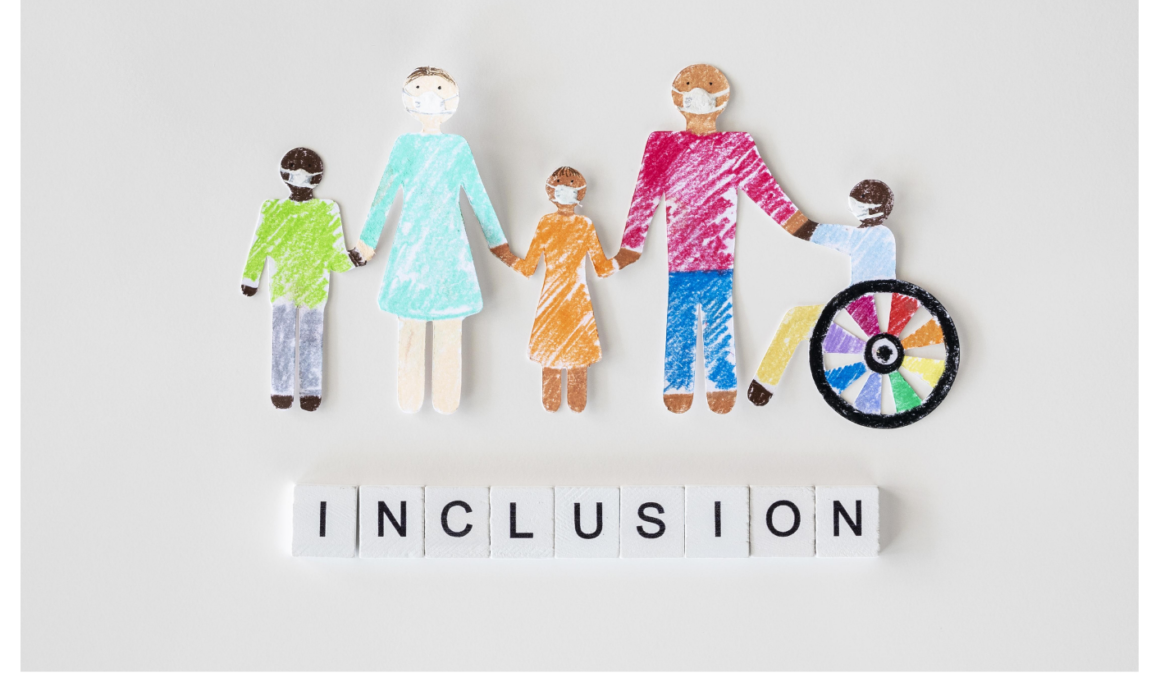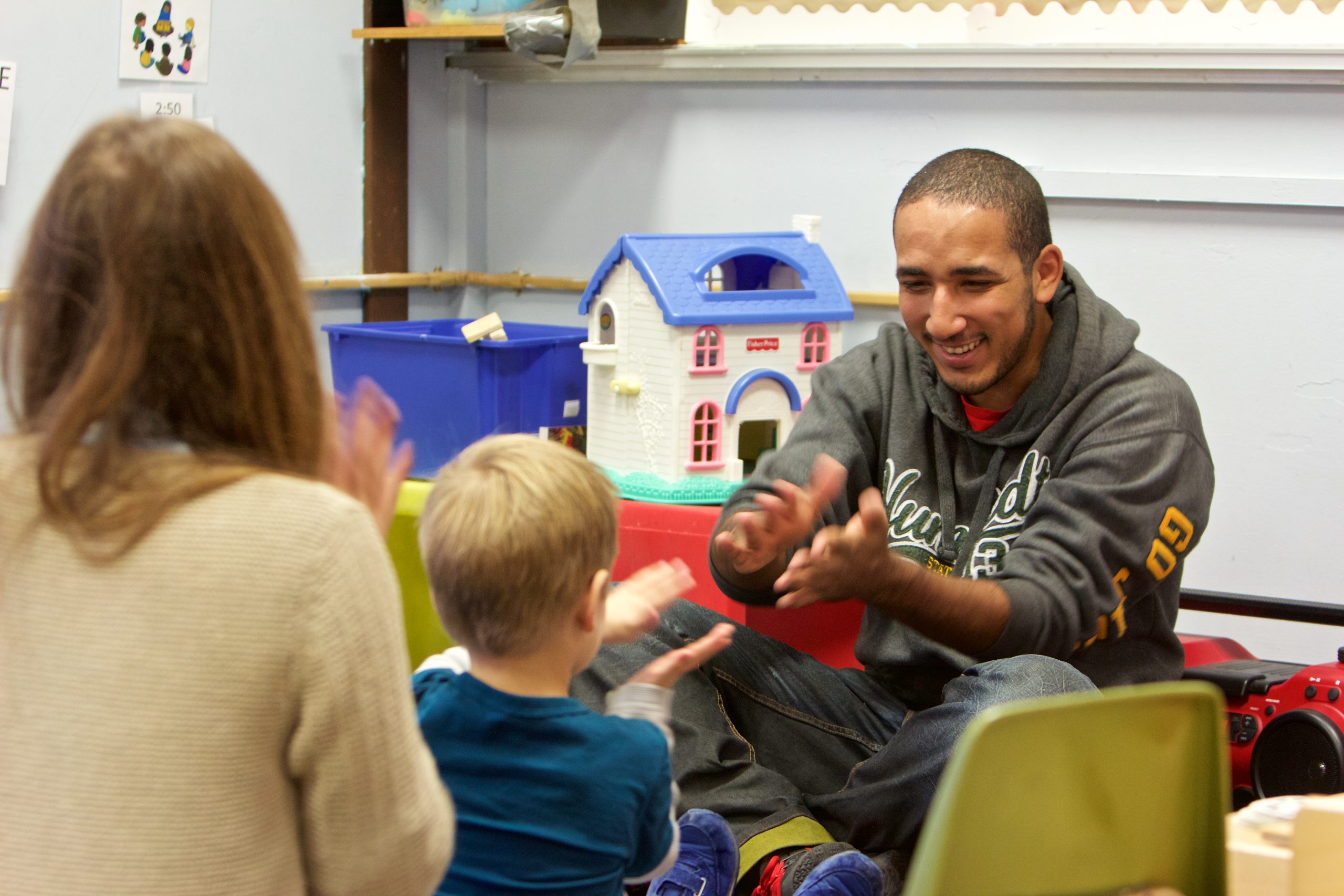Transition services play a pivotal role in ensuring that students navigate crucial milestones with confidence and capability. This article explores the multifaceted approach of transition services, designed to assist students in seamlessly transitioning to educational settings, vocational pursuits, or independent living. From school to the workforce, these services encompass vocational skills training and a holistic approach to preparing students for the next chapter in their lives.
Transition Planning:
The foundation of effective transition services lies in meticulous transition planning. Educators, parents, and relevant stakeholders collaborate to develop comprehensive transition plans that outline the goals, strategies, and support mechanisms necessary for a successful transition. These plans consider individual strengths, preferences, and aspirations, paving the way for a tailored and meaningful journey.

Educational Transitions:
Transition services extend a guiding hand to students moving from one educational setting to another. Whether transitioning from elementary to middle school, from high school to college, or from specialized programs to mainstream education, these services provide academic and social support. Orientation programs, mentorship initiatives, and collaborative efforts ensure a smooth academic transition, fostering a sense of continuity and belonging.
Vocational Skills Training:
Integral to transition services is the provision of vocational skills training. Recognizing the diverse career paths students may pursue, vocational training programs equip them with practical skills essential for success in the workforce. From technical skills to soft skills such as communication and problem-solving, vocational training aims to enhance students’ employability and confidence in pursuing their chosen careers.

Workplace Readiness Programs:
Preparing students for the realities of the workplace is a key focus of transition services. Workplace readiness programs simulate real-world scenarios, offering insights into workplace etiquette, time management, and collaboration. Internships, job-shadowing opportunities, and partnerships with local businesses provide firsthand experiences, bridging the gap between academic learning and practical application.
Independent Living Skills:
Transitioning to independent living is a significant milestone for many students. Transition services include targeted programs to develop independent living skills. From managing finances to cooking, from navigating public transportation to self-advocacy, these skills empower students to embrace the responsibilities and freedoms that come with independent living.
Post-Secondary Education Support:
For students pursuing post-secondary education, transition services provide ongoing support. This includes assistance with college applications, financial aid, and accommodation arrangements. Transition teams collaborate with educational institutions to ensure a seamless transition, promoting a positive and inclusive experience for students as they embark on the next phase of their academic journey.
Community Integration:
Transition services emphasize the importance of community integration. Students are encouraged to participate in community activities, volunteer work, and social events. This fosters a sense of community engagement, develops social skills, and expands students’ networks, contributing to their overall well-being and sense of belonging.
Parental and Guardian Involvement:
Recognizing the crucial role of families in the transition process, services actively involve parents and guardians. Regular communication, workshops, and resources provide support and guidance for families, ensuring a collaborative effort in preparing students for successful transitions.
Conclusion:
In conclusion, transition services serve as a guiding compass for students navigating the intricate pathways of educational, vocational, and independent living transitions. By fostering careful planning, providing targeted support, and promoting a holistic approach to development, these services empower students to confidently step into the next chapters of their lives, equipped with the skills and resilience needed for success




